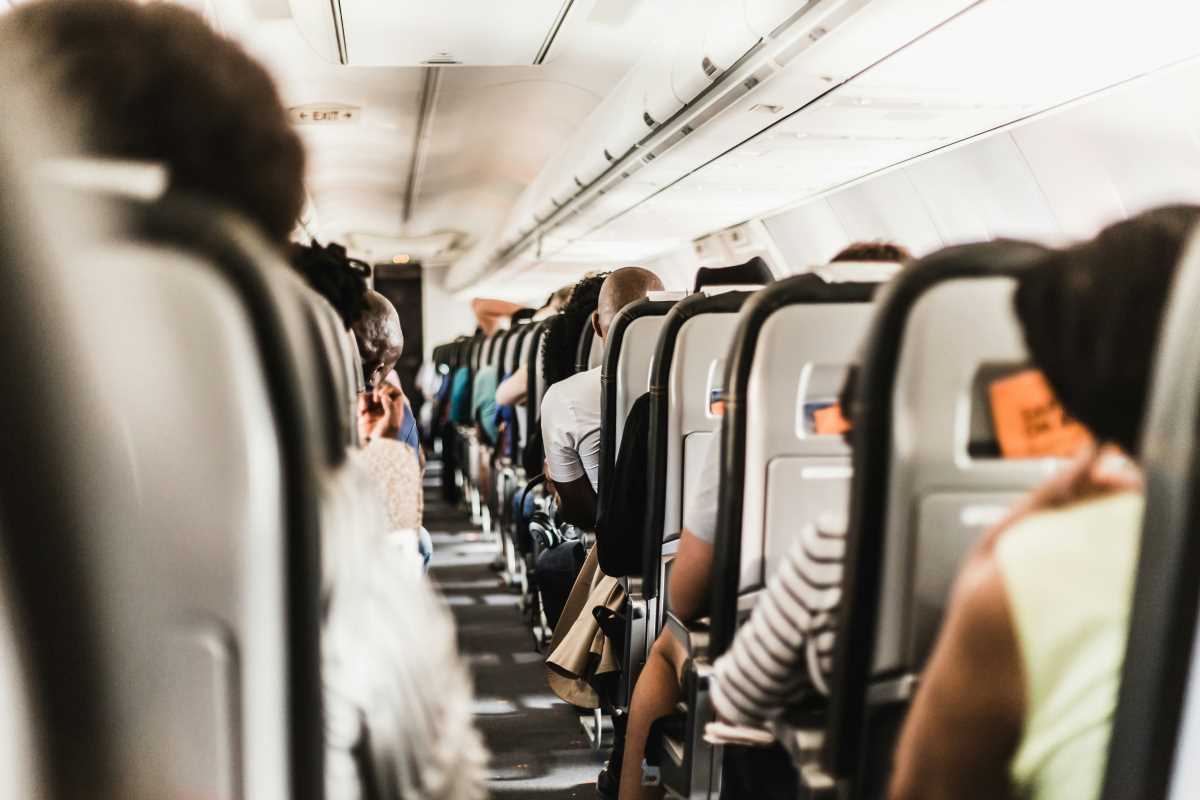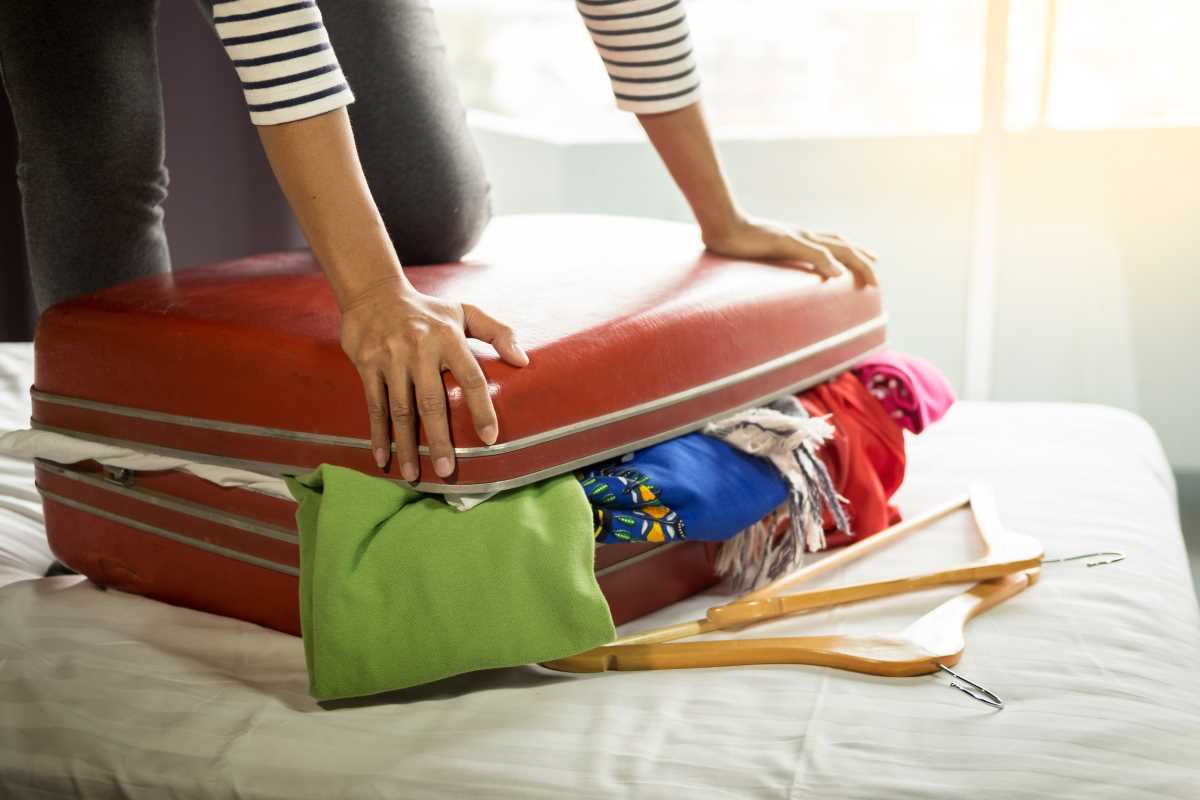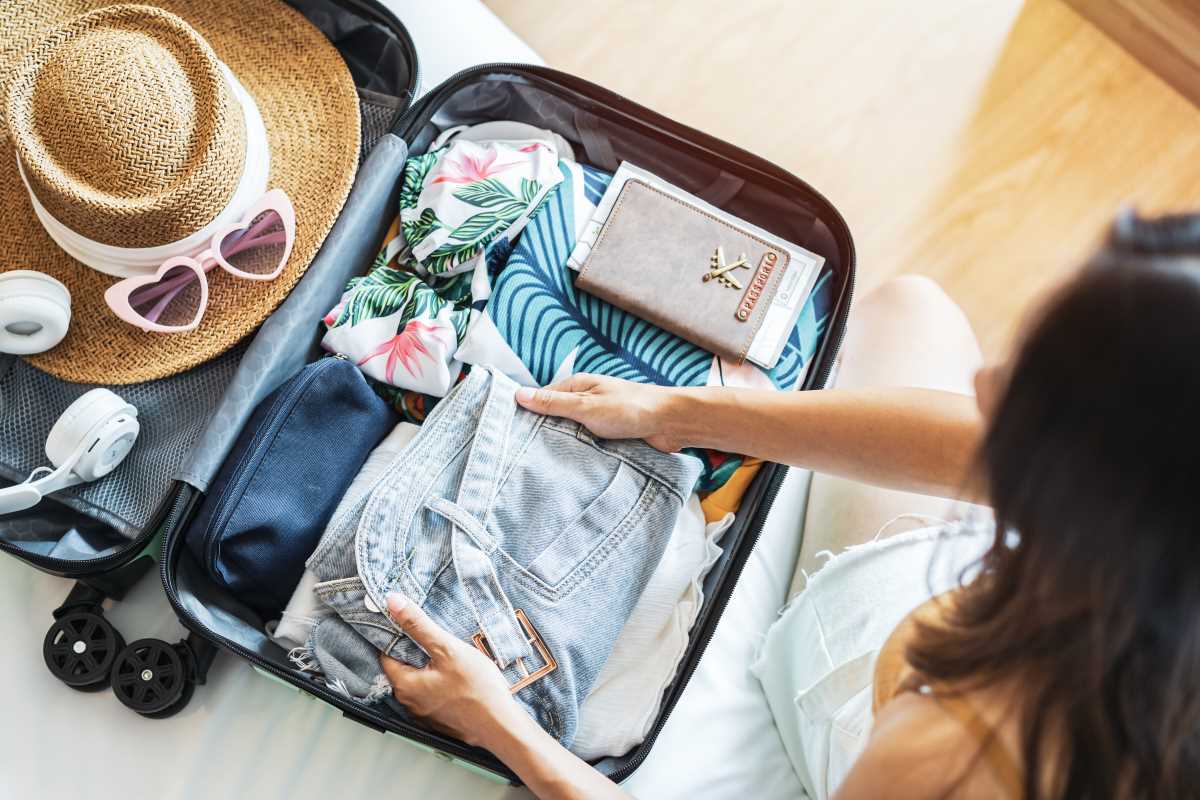Embarking on your first international journey is an exciting and transformative experience. Traveling abroad opens up opportunities for new adventures, cultural discoveries, and lasting memories. However, for first-time international travelers, the thrill of exploring foreign lands often comes with certain challenges and safety concerns. With a little preparation and attention to detail, you can ensure your trip remains enjoyable and, most importantly, safe. By taking proactive measures and following some essential travel safety tips, you’ll be able to navigate your journey with confidence and peace of mind.
Research Your Destination
The foundation of any safe international trip starts with comprehensive research. Understanding the local culture, customs, laws, and general environment of your destination can significantly enhance both your experience and safety. Begin by checking your government’s travel advisories. These advisories offer updated information about safety conditions, including any risks associated with health, security, or political unrest in specific regions. If your destination has a history of political instability, health concerns, or natural disasters, these advisories will help you make informed decisions. In addition to safety concerns, it’s essential to familiarize yourself with local customs and traditions. Knowing about the cultural norms and etiquette can help you avoid inadvertently offending the locals. For example, understanding appropriate dress codes, table manners, and how to greet people can make a big difference in how you are perceived. Some cultures may value modesty, while others may have specific taboos related to conversation, behavior, or public displays of affection. Respecting these customs will help you feel more at ease while navigating the social landscape.
Health and Vaccination Precautions
Health should always be a priority when traveling, particularly to foreign countries where healthcare systems may differ from what you're accustomed to. Before you depart, schedule a visit to your healthcare provider to discuss vaccinations, preventive measures, and any health concerns related to your destination. Some countries require proof of vaccinations for entry, such as the yellow fever vaccine, so make sure to verify any mandatory immunizations well in advance of your trip. Even if specific vaccinations are not required, many travelers opt for general vaccines like Hepatitis A, Hepatitis B, and typhoid, depending on where they are traveling. Your doctor can help guide you on which vaccines are recommended for your trip. Pack a basic first-aid kit containing over-the-counter medications like pain relievers, antihistamines, and digestive aids. It’s also wise to carry any necessary prescribed medications in their original packaging, along with copies of your prescriptions. This will help you avoid potential issues if you need to refill your medication while abroad. If you're traveling to a destination with limited healthcare infrastructure, research the nearest hospital or medical facility and understand the local emergency services. In case of an urgent medical issue, knowing where to seek care can be lifesaving.
Securing Your Belongings
Keeping your belongings safe and secure while traveling is essential for peace of mind. Petty theft can be a concern in some destinations, particularly in crowded or tourist-heavy areas. To prevent theft, invest in a sturdy, anti-theft backpack or bag with lockable zippers. Wear your bag close to your body, preferably in front of you, and always remain aware of your surroundings. Consider using a money belt or neck pouch for essential items such as your passport, extra cash, and credit cards. This provides an additional layer of security, as it keeps your valuables hidden from view and reduces the risk of pickpockets. Before leaving your accommodation, ensure that any valuables are locked in a safe if one is available. If a safe is not provided, consider using a portable lockbox or asking the hotel to store your valuables for you. Avoid carrying excessive cash or displaying expensive items such as jewelry, flashy electronics, or designer bags in public, as this can attract unwanted attention.
Staying Connected and Informed
Staying connected while abroad is important for both safety and convenience. It allows you to stay in touch with family or friends, receive important updates, and ensure your safety in case of an emergency. Before traveling, inform someone you trust about your itinerary, including details about where you'll be staying and your expected return date. Share your flight and accommodation information, and arrange a schedule to check in periodically during your trip. To stay connected, consider purchasing a local SIM card or activating an international roaming plan for your mobile phone. A local SIM card is often the most cost-effective option, as it will give you access to local data and calls. Having access to the internet will also allow you to use maps, travel apps, and translation tools, which are particularly helpful when navigating unfamiliar areas. A working phone will allow you to reach emergency services or contact your embassy if necessary. Keep yourself updated on any potential risks by monitoring local news and weather reports. Apps or social media channels run by government or travel agencies can provide real-time updates on political unrest, natural disasters, or other safety concerns that may arise during your trip.
Cultural Awareness and Respect
One of the most enriching aspects of international travel is the opportunity to immerse yourself in new cultures. To ensure your experience is both positive and respectful, it’s essential to cultivate cultural awareness. Learning a few basic phrases in the local language, such as greetings, thank you, please, and sorry, can go a long way in making a good impression. Locals appreciate it when visitors make an effort to communicate in their language, even if it’s just a few words. Basic knowledge of the language can also help in everyday interactions, such as ordering food or asking for directions. In addition to language, it's important to understand the cultural norms of your destination. For example, in some countries, it’s customary to remove your shoes when entering a home or certain public spaces. In other places, tipping practices may differ significantly from your own country. Doing some research ahead of time can help you avoid awkward situations and show respect to the local people. Understanding and respecting local dress codes is equally important. In some countries, particularly in the Middle East or parts of Asia, modest clothing is required for both men and women. In other places, casual attire may be perfectly acceptable for most activities, but it's always good to check in advance if you're unsure. By showing respect for the local customs and traditions, you'll be able to engage more deeply with the culture and make the most of your travel experience.
Handling Emergency Situations
While no one wants to think about emergencies while traveling, being prepared is essential. Having a plan in place and knowing how to handle unexpected situations can make a world of difference. Know the emergency contact numbers for police, fire, and medical services in the country you're visiting. In many places, the number for emergency services is not the same as in your home country, so make sure to familiarize yourself with the local emergency contact details before you go. In case of a lost or stolen passport, contact your embassy immediately. Embassies can issue emergency travel documents and assist with replacing stolen or lost identification. Always keep a copy of your passport in a separate location (such as an email or cloud storage) so you can quickly access necessary information. It’s also a good idea to have a list of contacts, including local emergency numbers and the nearest embassy or consulate, written down and stored securely on your phone or in your luggage.
 (Image via
(Image via





